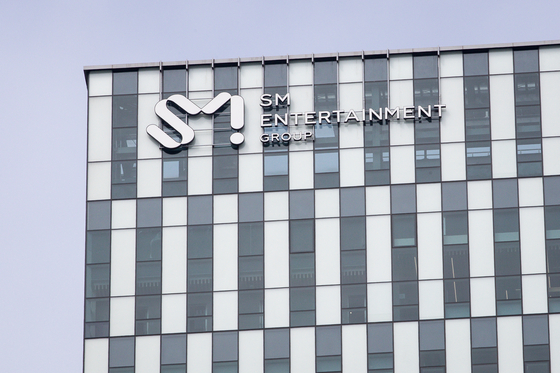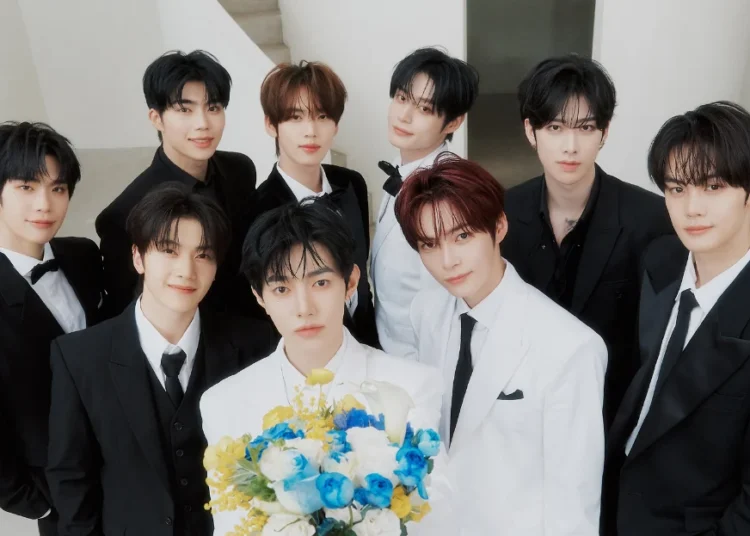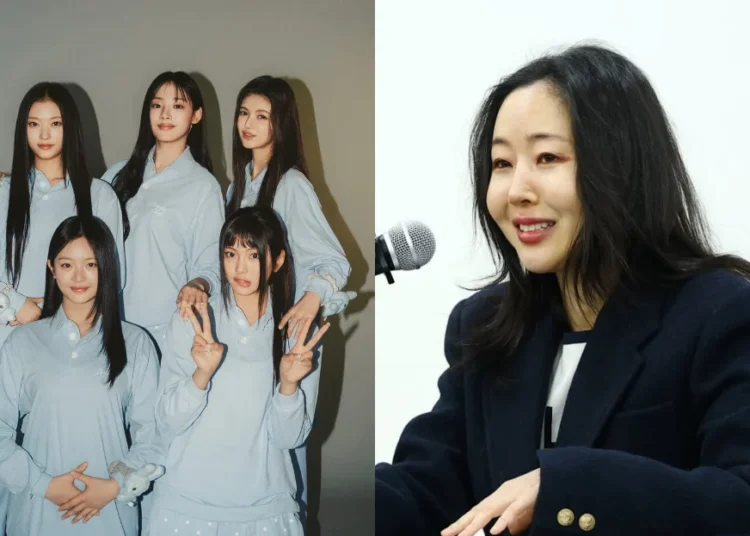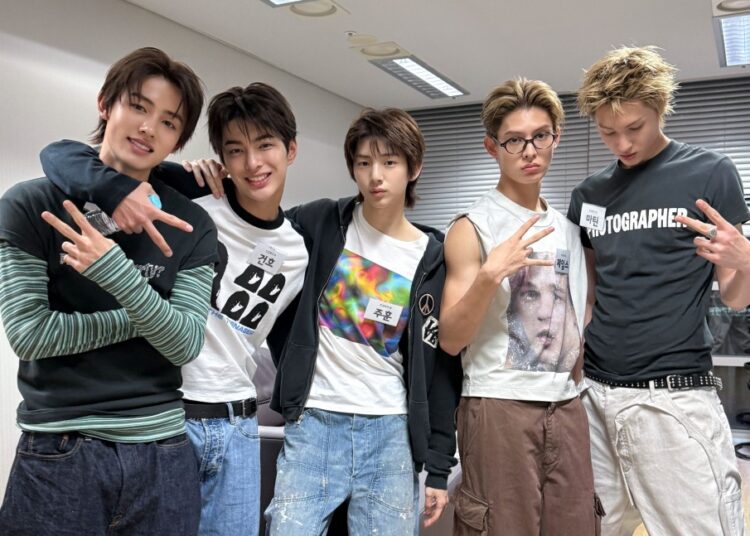It’s not uncommon for idols to leave their original agency but with the news of Red Velvet members Wendy (웬디) and Yeri (김예림) leaving the company after a decade, fans have begun to speculate what could be brewing behind the scenes of Korea’s top entertainment company. Despite having debuted K-pop’s biggest groups such as Super Junior (슈퍼주니어), EXO (엑소) and Girls Generation/SNSD (소녀시대), more and more of these artists have been discontinuing their exclusive contracts with the company.
With 2025 marking SM’s 30th anniversary, the year is turning out to be one of crisis rather than of celebration as the company faces strings of controversy and long-time artists publicly voicing out frustrations over its management. Is this the start of SM Entertainment’s downfall? While there are still many idols under the entertainment giant, some media experts share why more stars are leaving.

While it is common for long-standing artist to leave their original companies after pursuing solo careers, many have come out publicly to voice out dissatisfaction over the company. This matter hints at a deeper-rooted problem than the usual contract expiration excuse. One example is when Girls Generation’s Taeyeon (김태연) expressed on the fan communication platform, Bubble, that she was supposed to perform a number of songs at SM’s 30th Anniversary concert.
She ultimately pulled out from performing at the concert due to a lack of support from the company, but SM Entertainment attributed their absence to personal reasons. Tensions do not stop there because in March, EXO member Xiumin’s (김민석) agency, INB100, accused SM Entertainment of pressuring KBS to exclude him from performing at Music Bank and interfering with his solo promotions.
Industry experts hint at the absence of strong leadership as the root cause of the problem. In recent times, SM Entertainment shifted its management system to a “centre system” after former CEO Lee Soo Man left the company in 2023. This new system adopted by SM operates under the division of the company into separate creative units known as “centres”, managed by employees to increase efficiency, autonomy and diversity in production.

Stephanie Choi, a postdoctoral researcher at the Asia Research Institute at the University of Buffalo, argues, “In the past, SM Entertainment was led by Lee Soo Man, whose strong intuition for successful productions earned the trust of both artists and fans. They followed him because they believed in his vision, and the results proved them right“. Music critic Kim Yoonha agrees with the statement, adding that the centre system has contributed to the disconnect of artists from the company.
While it is common for long-time artists to seek alternative options, SM Entertainment’s lack of centralised guidance may be increasing the disconnection of artists. She adds, “Lee Soo-man’s absence is significant. He was the one who discovered and nurtured these artists. And there’s growing frustration around the centre system. There appears to be a gap in artist care — a sense of neglect. Both Taeyeon and Wendy alluded to this on Bubble”.
Are we looking at the downfall of SM Entertainment? Or could they return to their glory days by changing their management ways?
Source: Korea Herald
Alyssa Gabrielle contributed to this article







